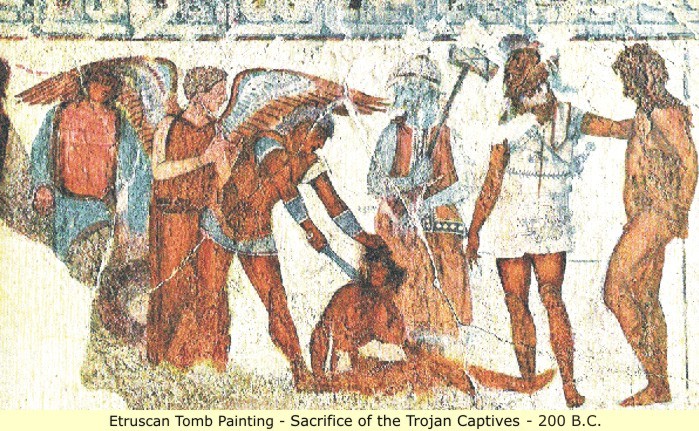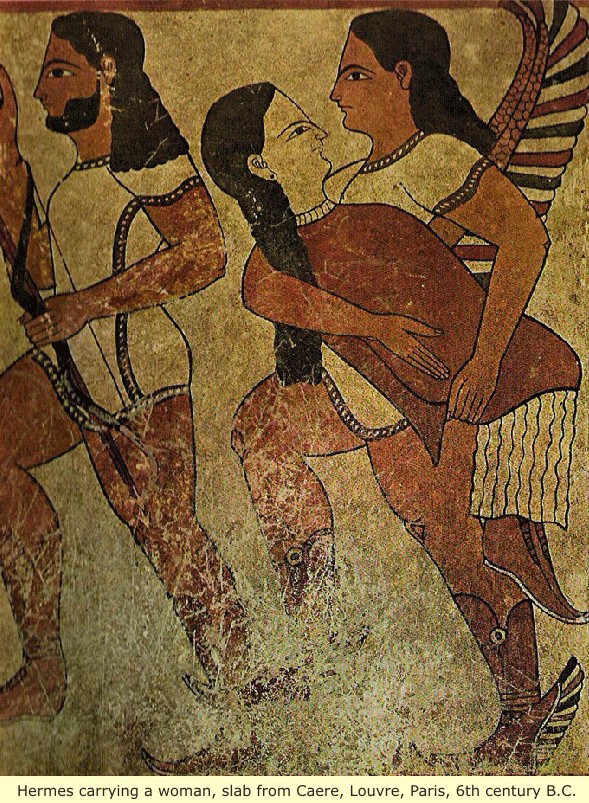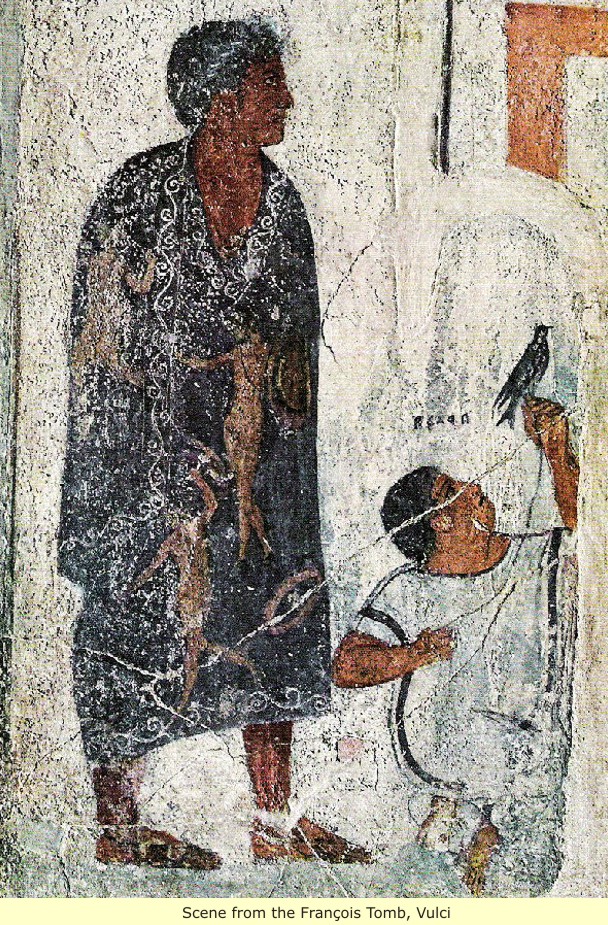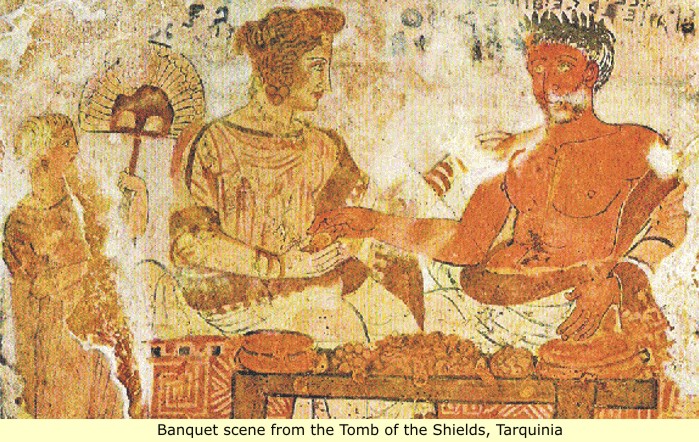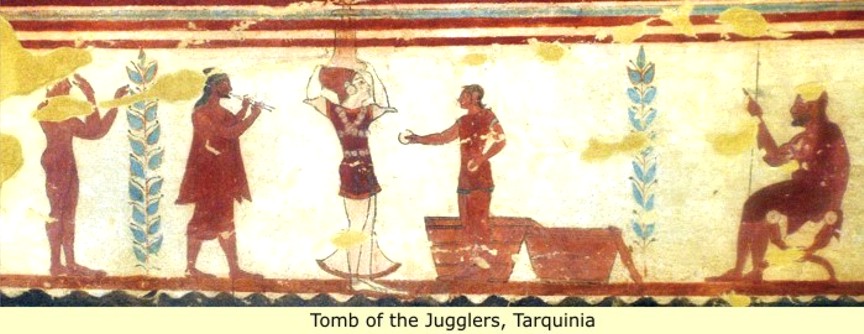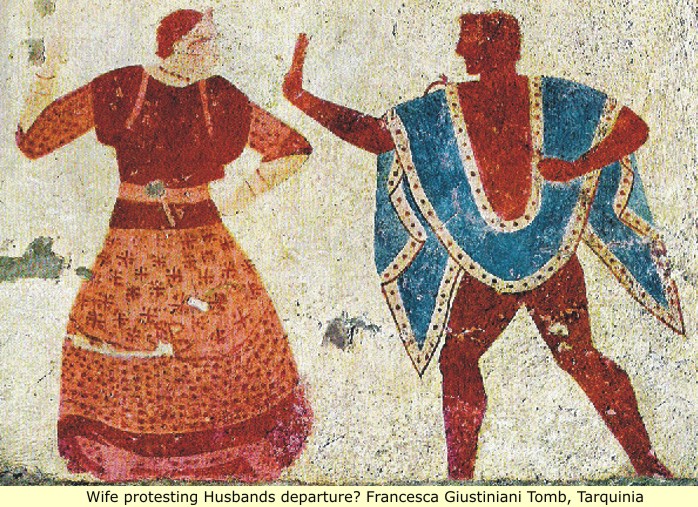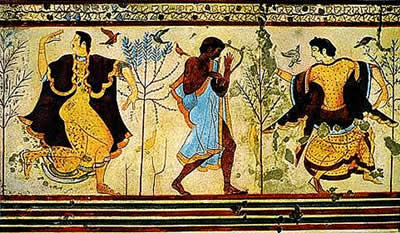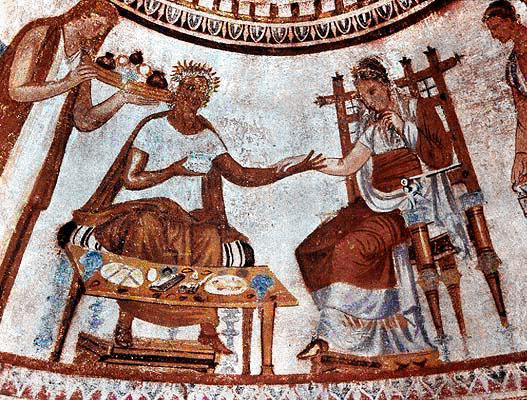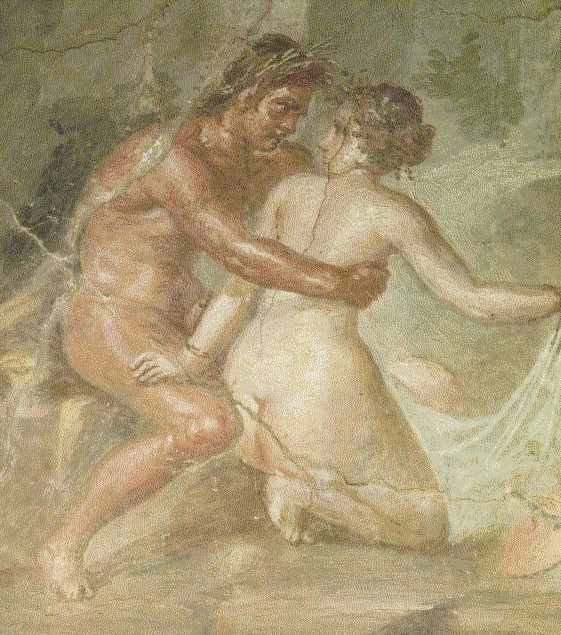So the only reason you think the Vindelici to be Keltic is based on onomastics or in fact just the interpretations of them; A bit weak given the Historical and Archaeological evidence standing against it;
I start by pointing out that the Vindelici are not a tribe - they are a tribal confederation i.e. consisting of numerous tribes; One of them the Vennones/Venosten others the Genauni and Breuni and it is these tribes that are designated as Illyrian equally the Veneti/Enetoi are designated Illyrian;
And Archaeologists have found in the territory of the Geneuni and Breuni inscriptions with an identical language to Venetic; What do we learn from this?
We learn that the Vindelici (Vennones/Venostes/Genauni/Breuni) had the same language as the Veneti and both are designated by History as Illyrian; And we are equally faced again with this bizarre situation that a common language of peoples being called Illyrians is not allowed to be designated Illyrian; Just as before when a common language of peoples being called Pelasgians is not allowed to be called Pelasgian; Keeping in mind that this common language is Archaeologically and Linguistically attested;
Sorry, a discussion of the Vindelicians certainly would belong into another thread, but tell me something, which data that you have is
better than onomastic data (Celtic names, and I should add, unambigously Celtic, unless you can demonstrate to me that "-duno", "-briga" or "-rix" can be somehow Venetic) and archaeological data (bearers of the La-Tene culture - including coinage with the triskelion motif that can be found elsewhere in Celtic areas)?
I should specifiy, by the way, to avoid confusions, I was talking about the
Adriatic Veneti here, not the Gaulish or the Baltic ones. Likewise, Sile, I was talking about the ancient Dalmatae. But as I said, this belongs elsewhere.
Also, do you have a quote (or ID) for the purportedly Venetic Genauni inscription?
The reason I avoid the term "Illyrian" is because its not clearly defined, unlike, for instance, the term "Venetic". Regardless of the question of the ethnicity of the Vindelicians, its clear that regardless of wether you think of them as Celtic or Venetic, there is no evidence in the Alps for a language akin to Etruscan (Rhaetian) outside the Bolzano region. And to me, the idea that they retreated there from the Po river plain is an elegant solution.
Goes without saying;
In fact something me and Sile already thoroughly discussed and agreed on;
Than you are confusing the sources and their content;
Raetus and Bellovesus are connected (not separated) and its all a fable;
The actual migration of 400 BC was described as such:
Plinius - (III/XVII) Nat. Hist. - quoting C. Nepos
interiere et Caturiges, Insubrum exsules, et Spina supra dicta, item Melpum opulentia praecipuum, quod ab Insubribus et Bois et Senonibus deletum eo die, quo Camillus Veios ceperit, Nepos Cornelius tradidit.
The Caturiges have also perished, an exiled race of the Insubres, as also Spina previously mentioned; Melpum too, a place distinguished for its opulence, which, as we are informed by Cornelius Nepos, was destroyed by the Insubres, the Boii, and the Senones, on the very day on which Camillus took Veii.
And no one ever claimed the Etruscans from Melpum or Felsina to have fled with Raetus into the Alps; The actual migration of 400BC did not involve the Etruscans disappearing into the Alps the fable of 600BC does;
Because acc. to your scenario that Raetian from Bolzano would be an Etruscan;
And that is obviously not the case;
When I meant "Etruscan" in regard for the Po plain, I meant it in the sense of "Tyrrhenian". My bad.
Back to the Etruscan origins, the assumption of an Anatolian origin has a strength that we admittedly know relatively little about the ethnic situation in western Anatolia before the Bronze Age collapse. We know that much of Anatolia was Anatolian-speaking (as in, languages of the Indo-European language family) by the time that this region was Hellenized, but, we do not know if that was the case a thousand years earlier. As I mentioned, the ethnic makeup of Anatolia changed multiple times over. In this scenario, the Etruscans (and their relatives, the Raetians) would be immigrants at the end of the Bronze Age.




